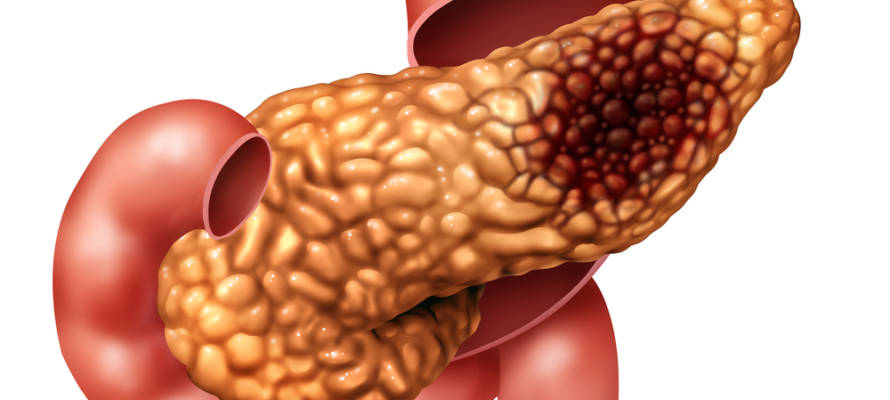
“The efficient eradication of malignant cells in human pancreas cancer xenografts presented a new model of pancreas cancer treatment,” the research team says.
By United with Israel Staff
A team of scientists at Tel Aviv University’s Sackler Faculty of Medicine, in collaboration with a team at the Cancer Research Center at Sheba Medical Center, recently published research indicating that they successfully reduced the number of pancreatic cancer cells in a developed tumor within less than a month. The study appeared in biomedical journal Oncotarget.
The Tel Aviv University team was lead by Professor Malka Cohen-Armon while the Sheba Medical Center team was lead by Dr. Talia Golan.
Pancreatic cancer is one of the most aggressive cancers. It is rarely diagnosed in its early stages, as there are no symptoms and, therefore, it often metastasizes.
The researchers administered a small molecule, called PJ34. It triggered the self-destruction of human pancreatic cancer cells in mice without harming healthy cells, reducing the number of cancer cells in developed tumors by up to 90 percent within 30 days. This is particularly unique in that treatments like radiation and chemotherapy do not distinguish healthy cells from cancerous cells, destroying everything in its path.
“In research published in 2017, we discovered a mechanism that causes the self-destruction of human cancer cells during their duplication (mitosis) without affecting normal cells,” Cohen-Armon explained in a statement by the university, according to No Camels. “We have now harnessed this information to efficiently eradicate human pancreatic cancer cells in xenografts [immunocompromised mice]. The mice were treated with a molecule called PJ34, which is permeable in the cell membrane but affects human cancer cells exclusively. This molecule causes an anomaly during the duplication of human cancer cells, provoking their rapid cell death. Thus, cell multiplication itself resulted in cell death in the treated cancer cells.”
Twenty-four mice were studied, divided into three groups of eight. Two of the groups were treated with PJ34 at different intervals and the third was the control group.
One group of mice received the molecule for five consecutive days a week for three weeks. The other group was treated three times a week, every second day, for three weeks.
Only the group treated daily with PJ34 (five times a week) showed a significant reduction in tumor size (about 40 percent.). However, both treatment regimens caused a reduction in cancer cells of 80-90 percent a month after treatment was terminated, according to the study.
A tumor in one of the mice completely disappeared on day 56 after treatment.
“No abnormalities, toxic signs, or animal death were observed during the study,” according to the report. “On the contrary, all mice gained weight during the study, with no difference between control and the two PJ34 treated groups.”
According to the statement by Tel Aviv University, “PJ34 is being tested in pre-clinical trials according to FDA regulations before clinical trials on larger animals and then human beings.” If the research receives the needed funding, it will take about two years for human trials to begin.
Cohen-Armon indicated that this system of treatment might also be effective in healing breast, lung, brain and ovarian cancers, reported No Camels.
The scientists believe this is a “new model of pancreas cancer treatment.”




